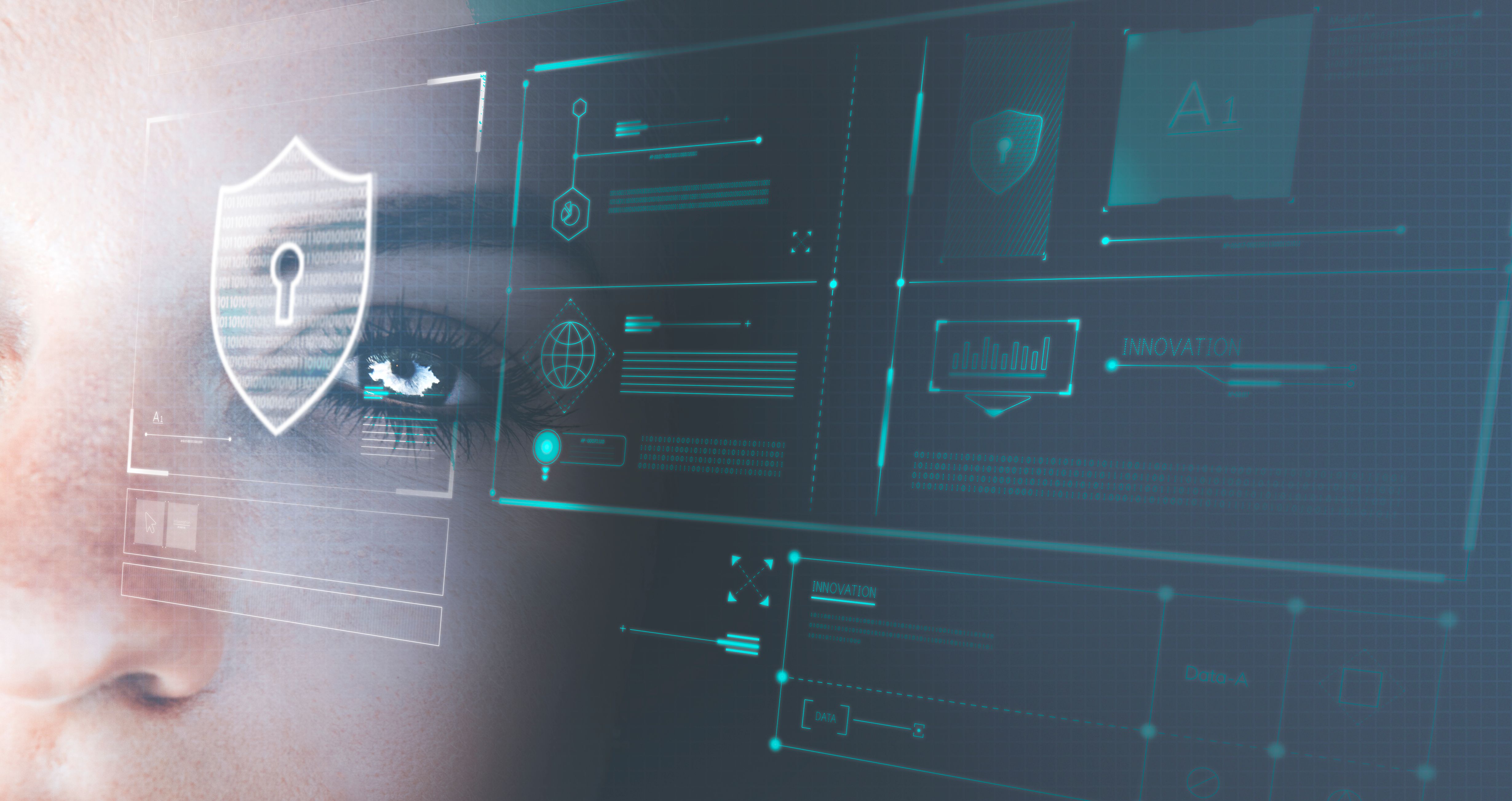As cybersecurity threats evolve, AI is transforming how we combat them. Unlike traditional methods, AI continuously learns and adapts to new attacks, making security systems more effective and efficient. The future of cybersecurity is closely linked to the expanding use of AI.
In this article, we'll explore AI's role in cybersecurity, its advantages in detecting and preventing threats, and the challenges it presents. Understanding these aspects will highlight AI's impact on digital security and its future potential.
The Role of AI in Cybersecurity
Artificial intelligence (AI) is transforming cybersecurity by enhancing the detection, prevention, and response to cyber threats. Here are the key roles AI plays in this field:
-
Real-Time Threat Detection: AI analyses vast amounts of data in real-time, allowing it to detect and prevent cyber attacks before they cause damage.
-
Pattern and Anomaly Detection: AI identifies patterns and anomalies in network traffic, making it easier to spot potential threats. This helps prioritise the most critical vulnerabilities.
-
Continuous Learning and Adaptation: AI-powered security systems learn and adapt over time, improving their effectiveness at detecting and preventing new threats and reducing false positives.
-
Enhanced Endpoint Security: AI provides advanced threat detection on devices like laptops, smartphones, and servers, helping organizations protect their networks from malicious actors.
-
Keeping Up with Latest Threats: AI efficiently processes large amounts of data, helping cybersecurity professionals stay updated with the latest attacks, malware, and vulnerabilities.
AI is an indispensable tool in combating cybercrime. As threats evolve, AI's role in cybersecurity will continue to grow, offering innovative ways to protect digital assets and infrastructure.

Advantages of AI in Cybersecurity
AI's ability to quickly analyse data, adapt to new threats, and automate tasks makes it an essential tool in modern cybersecurity. AI and machine learning are transforming cybersecurity by enhancing the detection and prevention of threats. AI-powered security systems can rapidly analyse vast amounts of data in real-time, identifying potential threats and taking preemptive action. This speed is crucial in staying ahead of cybercriminals who constantly evolve their tactics.
AI systems also continuously learn and adapt, improving their effectiveness against new threats. This capability ensures they stay updated with the latest malware, phishing attempts, and hacking techniques, reducing the time needed to address emerging threats.
AI helps minimise false positives by accurately distinguishing between genuine threats and benign activities, allowing security teams to focus on critical vulnerabilities. Additionally, AI-based tools can automate repetitive tasks, enabling security professionals to concentrate on strategic and complex aspects of their work. This automation improves overall efficiency and reduces the risk of human error.

Limitations of AI in Cybersecurity
AI has undeniably made significant strides in the field of cybersecurity, but it is not without its challenges and limitations. AI-powered systems can be tricked by sophisticated attacks designed to evade detection, as hackers continually develop new tactics to bypass security measures.
There is also a risk that AI-based security systems could be weaponised for launching cyberattacks, creating advanced malware and ransomware that are harder to detect and mitigate.
Ensuring the accuracy of threat intelligence is another challenge. AI systems rely on data from multiple sources, and if this data is outdated or incorrect, it can lead to false alerts and inadequate security.
AI in cybersecurity could also lead to job losses due to increased automation. However, human expertise remains crucial for addressing complex attacks and developing effective security strategies.
Continuous investment in research and development is essential to ensure AI-based systems can adapt to the evolving threat landscape, requiring innovation, collaboration, and ongoing education to stay ahead of malicious actors.
Ethical Considerations of AI in Cybersecurity
While AI brings numerous benefits to cybersecurity, it also presents challenges and ethical considerations. There is a risk of AI systems being manipulated or weaponised by malicious actors.
Ensuring the quality and accuracy of data used by AI systems is crucial, as flawed data can lead to incorrect threat assessments. Additionally, the balance between automation and human expertise must be maintained to ensure effective security strategies.

Do Companies Use AI in Cybersecurity?
Many companies use AI to enhance their cybersecurity measures. AI technologies like machine learning, natural language processing, and image recognition help identify security threats before they become serious issues. Additionally, AI-enabled chatbots can assist customers in protecting themselves from potential risks.
Here are some notable examples:
- Google: Uses "Google Cloud Threat Intelligence" to analyze large datasets for signs of malicious activity in real-time.
- Microsoft: Employs AI in "Azure Security Center" to proactively identify and mitigate threats using machine learning.
- IBM: Utilises AI in "QRadar Security Intelligence Platform" to detect and respond to security threats by analyzing network traffic.
- Amazon: Implements AI in AWS "GuardDuty" to monitor user activity and detect suspicious behavior in cloud environments.
- Cisco: Integrates AI in "SecureX" to enhance threat detection and response by analyzing security data from various sources.
These companies offer tools and resources to help users deploy and use their AI systems securely, ensuring robust protection against cyber threats.

Is AI Good Choice for My Business's Cybersecurity?
AI can significantly enhance your business's cybersecurity by providing real-time threat detection, automated responses, and advanced data analysis. Its ability to identify patterns and predict potential security breaches makes it a valuable tool for protecting your assets.
Implementing AI can streamline your security operations and reduce the risk of cyber threats.
Contact Cogify today to protect your business from cyber threats. Stay ahead with AI-driven solutions designed to safeguard your digital assets.
Conclusion
AI has significantly impacted cybersecurity, offering innovative methods to detect and prevent cyberattacks. As technology advances, AI and machine learning will continue to develop cutting-edge security solutions. By addressing potential drawbacks and staying ahead of emerging threats, we can create a safer digital environment.
To prepare for the AI-driven cybersecurity landscape, businesses should stay informed about AI security technologies, implement robust security measures, invest in AI-powered tools, develop and update cybersecurity plans, conduct regular security audits, and train employees.



